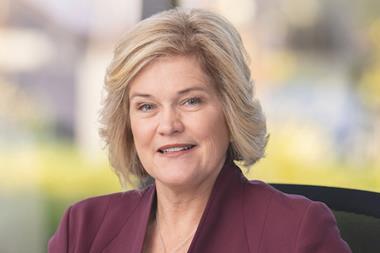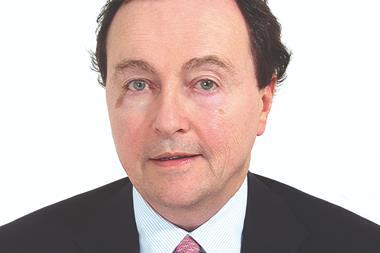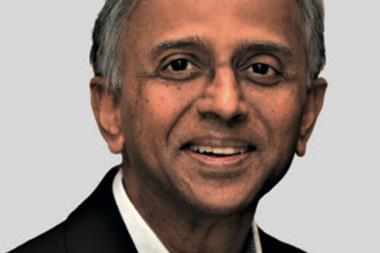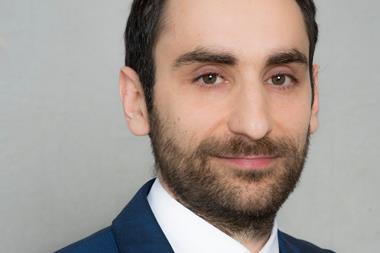Pension funds should ally themselves with activist investors to break up the hegemony of large banks
The latest wave started with a grave miscalculation. In the face of a major crisis brewing and political deadlock, unable to deliver the financial tools the Federal Reserve needed, it was decided in 2008 to let Lehman Brothers die.
At the time, it was widely reported that the Fed believed Lehman wouldn’t cause contagion and a significant part of the damage would fall on Japanese parties. Instead, it was the beginning of worldwide financial crisis.
Lehman’s fall had a major effect on trust in financial parties, whether or not they were hit by the Fed’s decision.
In the preceding years, very large banks defended their own interests, ignoring their public and social functions of national coverage and facilitating small payments. Some even argued banking laws did not apply to them, coming up with the concept of the ‘near bank’, an investment bank without retail clients that would not be subject to banking laws.
The large-bank lobby pressed for, and obtained, de-regulation. The new economic freedom was used to promote the concept of the ‘global bank’: huge financial conglomerates with more financial weight than many governments, principally by trading with each other and becoming too large to fail. If bankruptcy threatened, tax payers would have to bail them out.
The global bank concept collapsed in the Lehman crisis. Banks’ financial weight, based on mutual trading, was diminished to realistic levels. ‘Near banks’ became banks. A series of scandals, ranging from infiltration of government functions – Goldman Sachs has been accused of treating the International Monetary Fund (IMF) as a virtual fief – to insider trading (a clique of London bankers fixing LIBOR) were discussed or revealed.
Governments reigned banks in again, by using instruments such as the Dodd-Frank Act in the US and the wall of financial legislation in the EU.
Problem solved? Not nearly. Goldman Sachs is still a strong force in the US Treasury, although it is less one-sided than before. Banks are still trying hard to get rid of retail customers, denying their social function.
Under cover of online banking, services were diminished and got more expensive, even in times of near-zero inflation and diminishing real cost of electronic power. It started with massive branch office closures, went to disappearing bank statements, disdain for mortgages, retail foreign currency and retail investment business and it is now at the level of minimising cash business.
Most importantly, Trumpists have undermined the Dodd-Frank act whenever they could. Now the effect can be seen. The collapse of Silicon Valley Bank (SVB) is seen as self-evident. Signature Bank’s fall is explained as ‘just another shaky crypto toy’. The crisis around Credit Suisse is met with shrugs.
What is too easily forgotten is the common factor in all three cases: taking on too much risk and never wondering what happens next. Now it’s not only banks ‘too large to fail’, that can cause panic; the risk of even medium-sized banks has come to rest on the shoulders of taxpayers also.
What’s a pension fund to do? We should break up all banks that are ‘too significant to fail’ in at least three parts. One part would cover large investments: brokerage, investment research, portfolio management.
This is the part all bankers love. They can have it, but no more implicit and explicit government guarantees, no holding taxpayers hostage for speculative losses and punishment for negligence.
Another part would be merchant banking: trade financing, credit for stocks and expansion, a lucrative service for enterprises and lubrication of the economy.
The third part would be retail banking, a profitable, fintech-driven social service, largely online, for retail payments (including ATMs) and foreign currency business, small savings, and consumer credits, including mortgages.
I think this proposal is obvious, logical, in everybody’s interest – other than the mega-bonus-driven big bank bozos who deserve no pity – and it would be a boon for the economy and society. I don’t see it standing a chance in the face of the aforementioned bozos and their political cronies, witness the vilification not only of Dodd and Frank, but also of Elizabeth Warren, all three financial moderates from an international perspective.
So who will break up the financial empires? If governments do not have the stomach to do it, only the pension funds have the means. They would need to ally themselves with activist investors, as they did in the Lehman crisis. It would be an action that would be richly rewarding in risk terms. Returns ought to follow.
Peter Kraneveld is an international pensions adviser at Prime BV


















